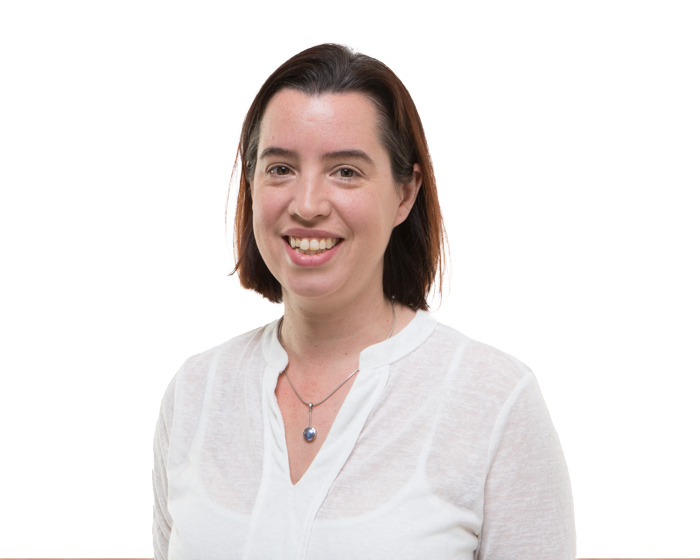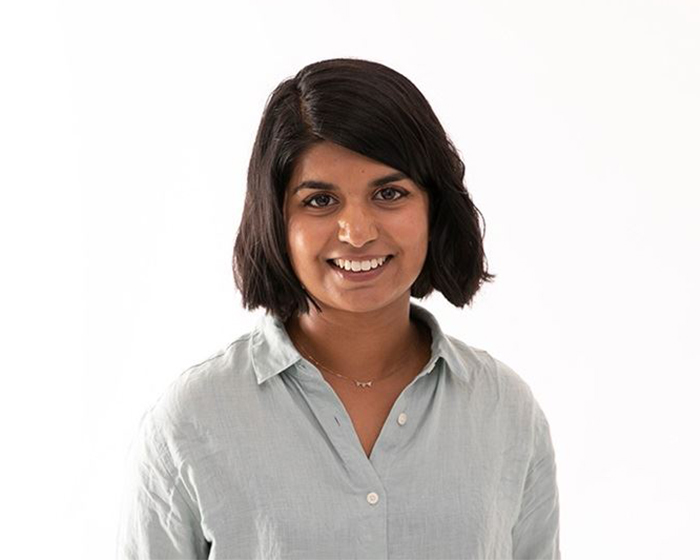
Meet the new CHOICE team tackling data misuse

Need to know
- Businesses collect data about us for many purposes
- CHOICE has created a team to call out businesses doing the wrong thing with your data
- Share your story
Tapping your loyalty card at the supermarket checkout, swiping right on Tinder, bingeing Squid Game on Netflix, asking Siri for directions – every day, businesses are collecting data about you.
This data lets businesses track your behaviour, and also tailor their services and actions: from personalising your online experiences to knocking back your home-loan application.
Your data is big business
How much data are we talking about? At least 59 zettabytes of data this year – that’s 59 trillion gigabytes, equivalent to a stack of DVDs circling the earth 75 times.
Big data is big business, to the tune of an estimated $US139 billion globally ($A190 billion) last year alone. That figure measures business investment in big data, not the profits generated by it, which would likely be considerably more.
So what does this mean for Australian consumers. Should you be worried?

Here at CHOICE, we’ve been closely watching data use for the past few years, and have found more than a few things to be concerned about. These include:
- Price discrimination on Tinder.
- Security risks at Equifax, one of Australia’s largest credit reporting agencies.
- Tenancy blacklists pushing people into homelessness.
That’s why we’ve created a new team dedicated to uncovering data misuse. We’re pushing for regulatory change that protects you and makes sure businesses use your data responsibly and fairly.
Our Consumer Data Team will investigate the way businesses are using your data with an eye to fairness and transparency. As ever, we’ll be on the lookout for shady and shonky practices.
We’ll be exploring what loyalty programs do with your data, wading into the murky world of data brokers and uncovering the places your data might end up – without you knowing it. We’ll help you navigate safely the myriad ways that businesses collect, store and use your data.

Artificial intelligence: benefits and risks
One way that data is increasingly used is in the burgeoning field of artificial intelligence (AI) and automated decision-making (ADM), so we’ll be keeping a close eye on developments and how they might affect you.
There are some incredible advances in AI technology that are already making our lives better, from AI that narrates the world for people with low vision to facial recognition software that has reunited thousands of missing children with their families in India. And, on a lighter note, who doesn’t love a spot-on song recommendation in Spotify?
Dark side of AI
But with every advance in technology, come risks. There are many potential harms to consumers, especially in essential markets such as housing, healthcare and financial services.
We think it’s vitally important that businesses are open about how and why they’re using AI and ADM.
It’s also essential to the safety of Australians that businesses can explain those decisions – so-called ‘black box’ algorithms, which businesses keep secret, should not be an excuse for harmful business behaviour.
We’ll be calling on business to use your data ethically and responsibly, and calling out those that don’t.
Burnt by dodgy use of data?
If you’ve got a story about a business using your data unfairly or irresponsibly, we want to hear from you.
For instance, have you fallen foul of automated decision-making? Have you had to hand over your data before being shown the price of a product or service?
Share your tips and stories by contacting us at newstips@choice.com.au.
Related




